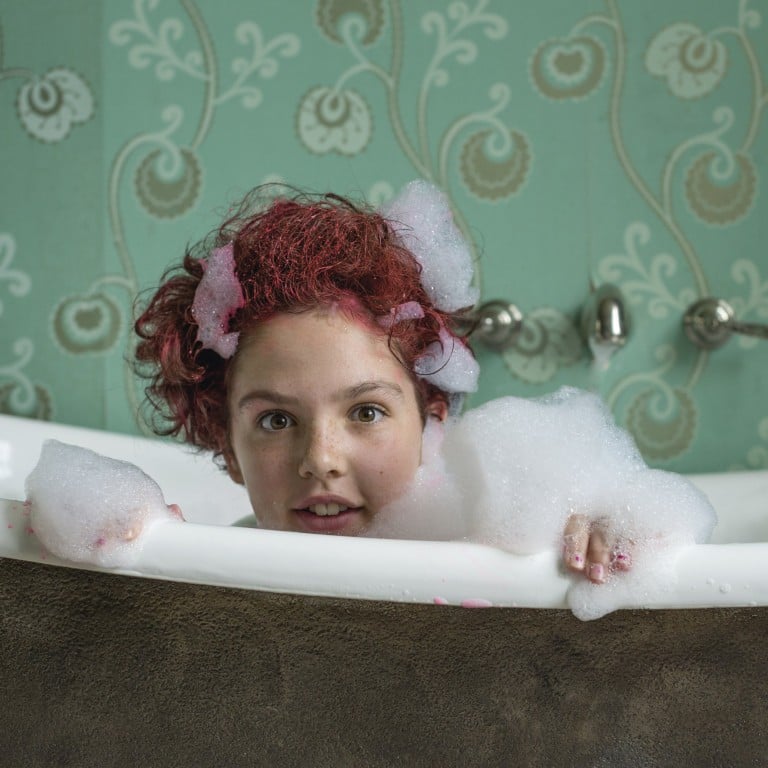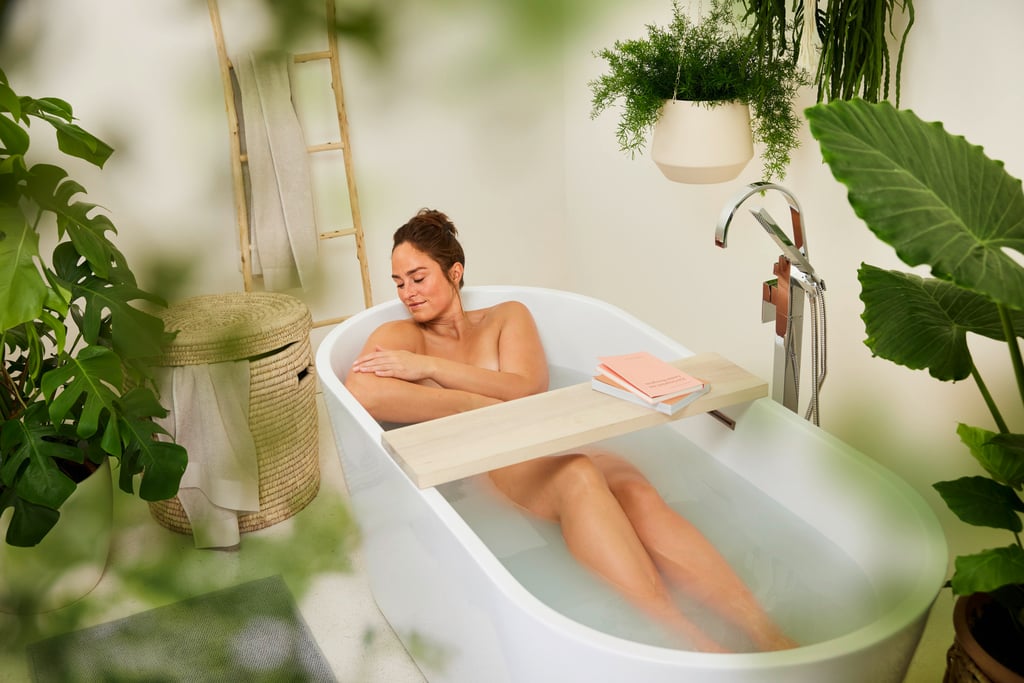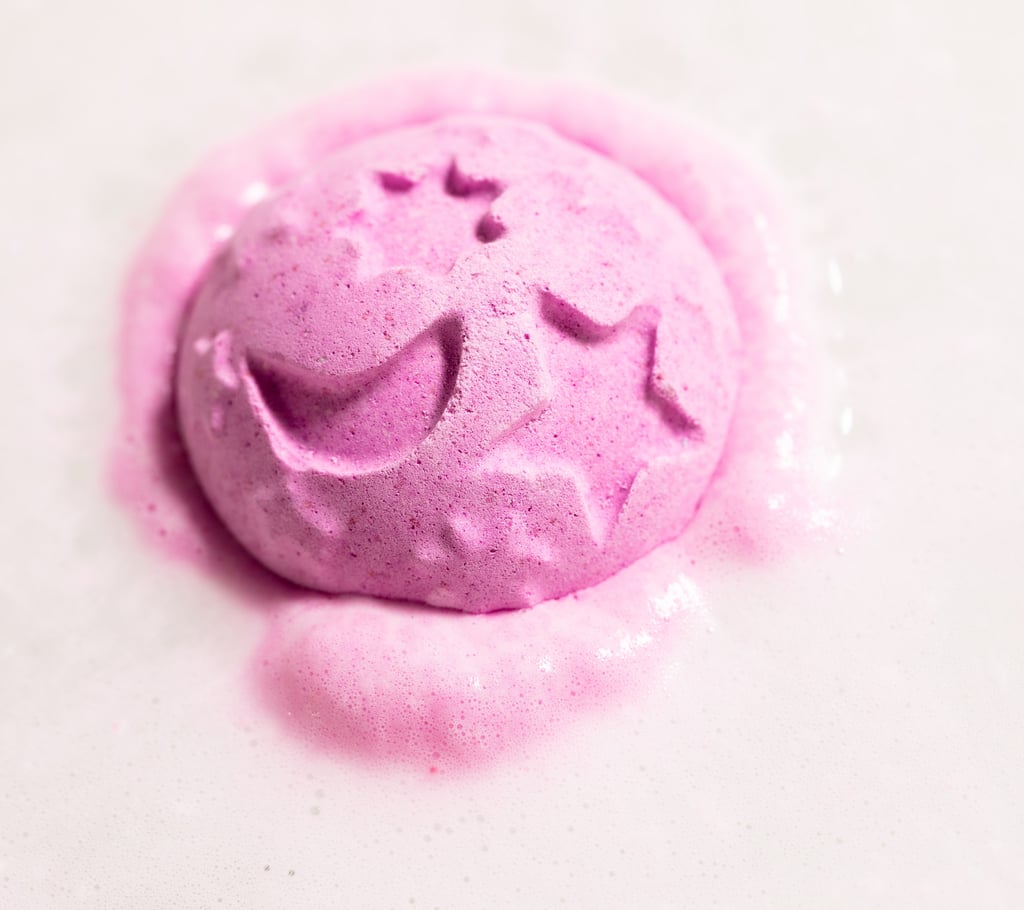Explainer / Bath vs shower – which is better for you, and the planet? Research shows a daily soak in the tub soothes skin, reduces stress and helps you sleep – but taking a shower is far more sustainable

- More than just getting clean, baths are a form of physical and mental therapy, with research showing a daily drip brings relaxation, better skin and reduced stress
- Everyone from Queen Cleopatra to the ancient Romans knew about these benefits – but the average bath uses significantly more water than a shower, so will it really help you sleep at night?
In the ongoing dialogue about environmental conservation, showers are often championed over baths for their lower water usage and energy efficiency. This argument holds weight – on average, a shower consumes significantly less water than a full bathtub, making it a more sustainable choice for daily hygiene. However, while environmentally prudent, this perspective overlooks baths’ benefits.
From muscle relaxation and stress reduction to improved sleep quality and skin health, bathing transcends the ordinary, elevating it to a ritual of self-care and luxury. “From Queen Cleopatra to the ancient Romans, if we look to history, then there does seem to be something to immersing yourself in water compared to just giving yourself a scrub down in the shower, and there’s a growing body of research on the topic,” says Charlotte Nisbet, bathing category lead at Lush, the brand known for its globally popular bath bombs.

As the body eases into the embrace of the bath, the water’s bounce alleviates physical strain, allowing muscles to unwind and release tension. This muscle relaxation is not just superficial – it penetrates deep into the body, soothing aches and pains that accumulate from daily stresses and physical exertion. “A 2022 study published in the Journal of Applied Physiology found that regular bathing at 40 degrees Celsius for 30 minutes helped decrease sympathetic nerve activity, which provides physical and mental health benefits. Other research from Japan suggests that bathing can also help you to fall asleep faster, particularly in the winter,” Nisbet says.
Beyond the physical relief, baths serve as a potent antidote to stress.
“Therapeutic baths not only allow us to benefit from the immediate aromatherapeutic effect of the naturally scented washes and milks, but they also allow time for the essential oils to penetrate the bloodstream, really deepening the overall therapeutic effect of your chosen bath milk or oil,” says Elizabeth King, skincare expert at Weleda.

Weleda has over 100 years of expertise in developing formulations using high-quality, effective natural ingredients, including its famous Rosemary Invigorating Bath Milk, first launched in 1926 and still a staple.
The serene state of baths also paves the way for improved sleep quality. The drop in body temperature after leaving the tub mimics the natural decrease in temperature that occurs before sleep, signalling to the body that it’s time to rest. This thermal regulation assists in falling asleep faster and achieving a deeper, more restorative sleep, addressing two of the most common challenges of our time: insomnia and disrupted sleep patterns.